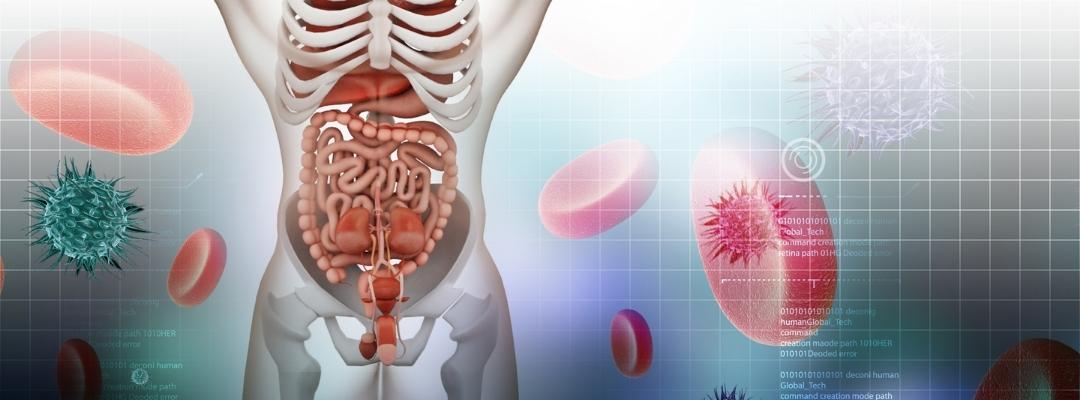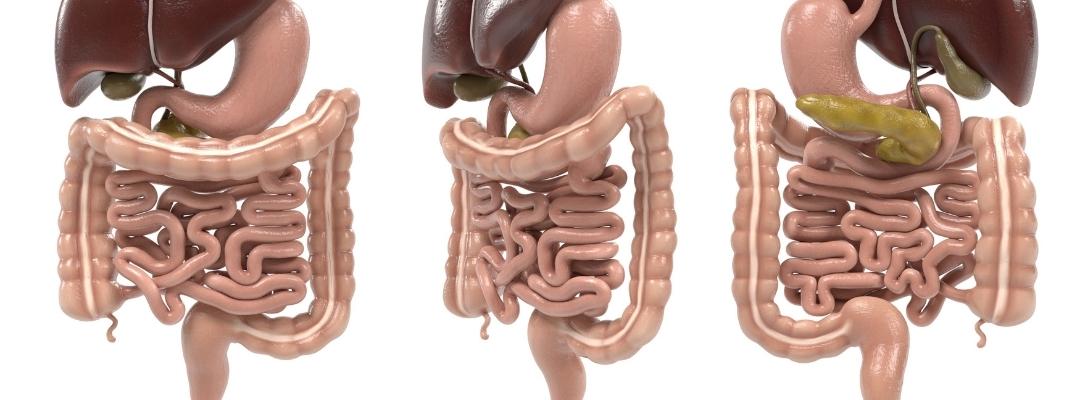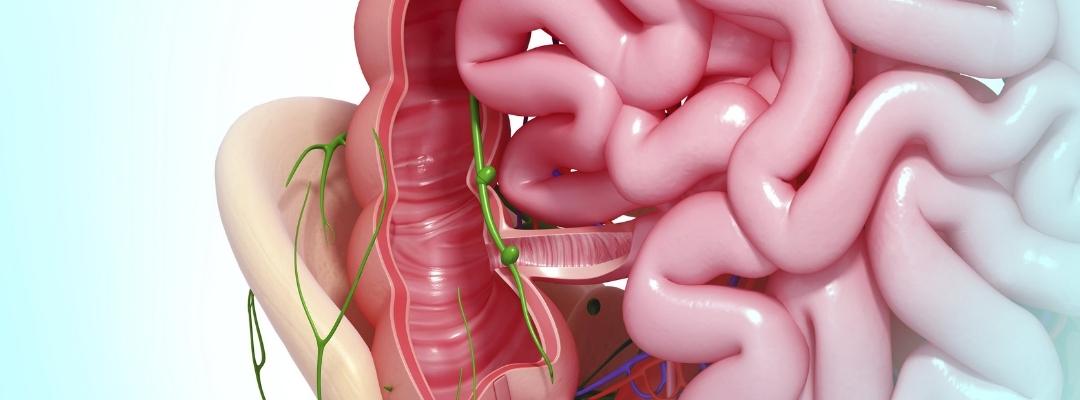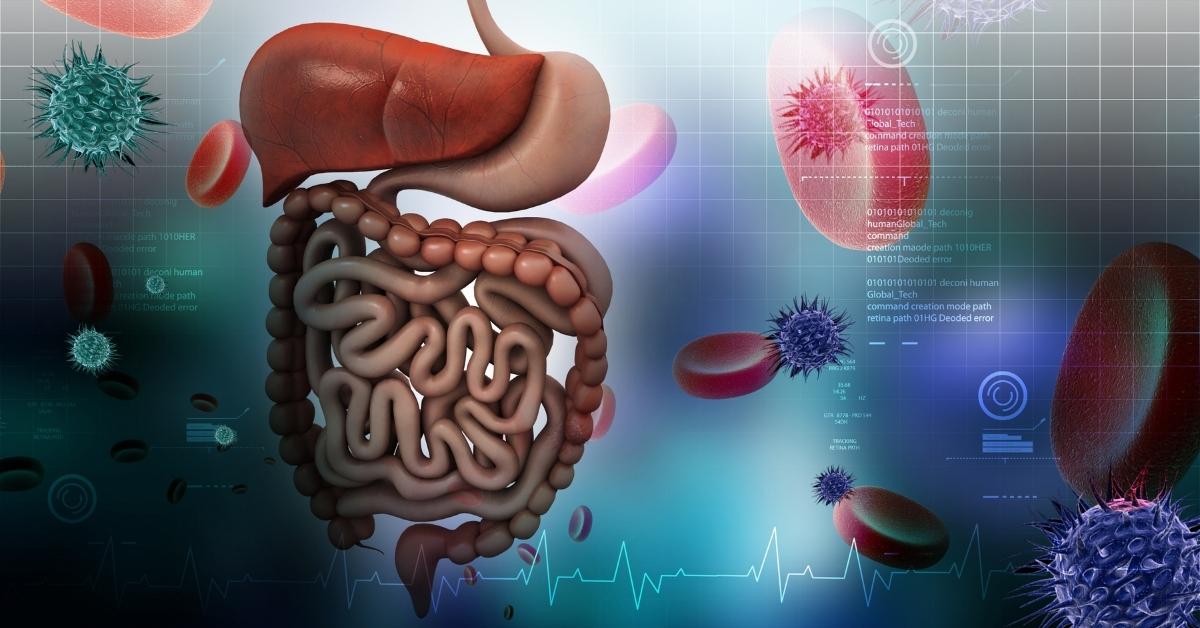Over the years, our digestive system may begin to suffer from discomfort that we did not notice before. FWN wants to promote intestinal health, that’s why we recommend 8 tips to maintain a youthful digestive system.

1 Consume olive oil
Olive oil is an ally of your digestive health.
The oleic acid found mainly in olive oil improves pancreatic function and increases mineral absorption.
Included in the diet on a regular basis, it reduces stomach acidity, delays stomach emptying and appears to have anti-inflammatory effects.
Two tablespoons of olive oil contain 60% of the recommended daily vitamin E, with its anti-aging benefits.
2. Take fiber
Vegetable fiber, especially insoluble fiber, retains water in the final portion of the large intestine. This makes stools have a softer consistency, which facilitates defecation. The recommended amount is about 30 g per day. Excess fiber favors constipation and flatulence.
3. Moderate the intake of fatty foods
Fatty foods are considered to be those that contain a high proportion of fat, such as butter, margarine, bacon, lard, and fatty meats, sausages, offal, cream, eggs and cured cheeses. Cook with vegetable oils (olive and sunflower) and avoid lard, butter and margarine.
Reducing fat intake lightens digestion and avoids excess calories.

4. Prepare food in a simple way
Preparing food in a simple way is a way to protect our digestive system. It is best to prepare food boiled, grilled, baked, steamed.
Avoid strong seasonings, spices, spicy and burnt foods. Limit the consumption of industrially prepared dishes, as they tend to have excess fat and salt.
5. Control gases
To do this you have to watch how you eat and what you eat.
Chew food slowly and swallow carefully to avoid excessive air intake.
Chewing gum and drinking through a straw favors the swallowing of air. Poorly fitted dentures may also be a cause of inadequate chewing and swallowing.
Avoid carbonated or fizzy drinks that neutralize gastric secretion, but produce a rebound effect, so that acid secretion is greater afterwards. They also increase abdominal distension. Reduce the consumption of sweets, as they also favor gas production.
6. Avoid abundant meals
The ideal is to distribute the food intake of the day in five meals: breakfast, mid-morning, lunch, snack and dinner. This avoids overloading the digestive system, high insulin production and provides continuous energy throughout the day.
7. Exercise
It is not only enough to follow the recommendations for good digestive health in terms of food, as these should be accompanied by a moderate exercise routine.
Physical activity is a great ally of digestive health. Just walking or jogging helps intestinal motility, which translates into better digestion of food consumed.

8. Drink enough water
It is necessary to drink 1.5 to two liters of water a day. Water is vital for our organism, but it also facilitates digestion and prevents constipation.
With these simple tips you can maintain good digestive health. If your eating habits are not the right ones, you are in time to change them, the benefits are greater than you think.
Dr. Mansi Shah
Functional Wellness Network
www.functionalwellnessnetwork.com




